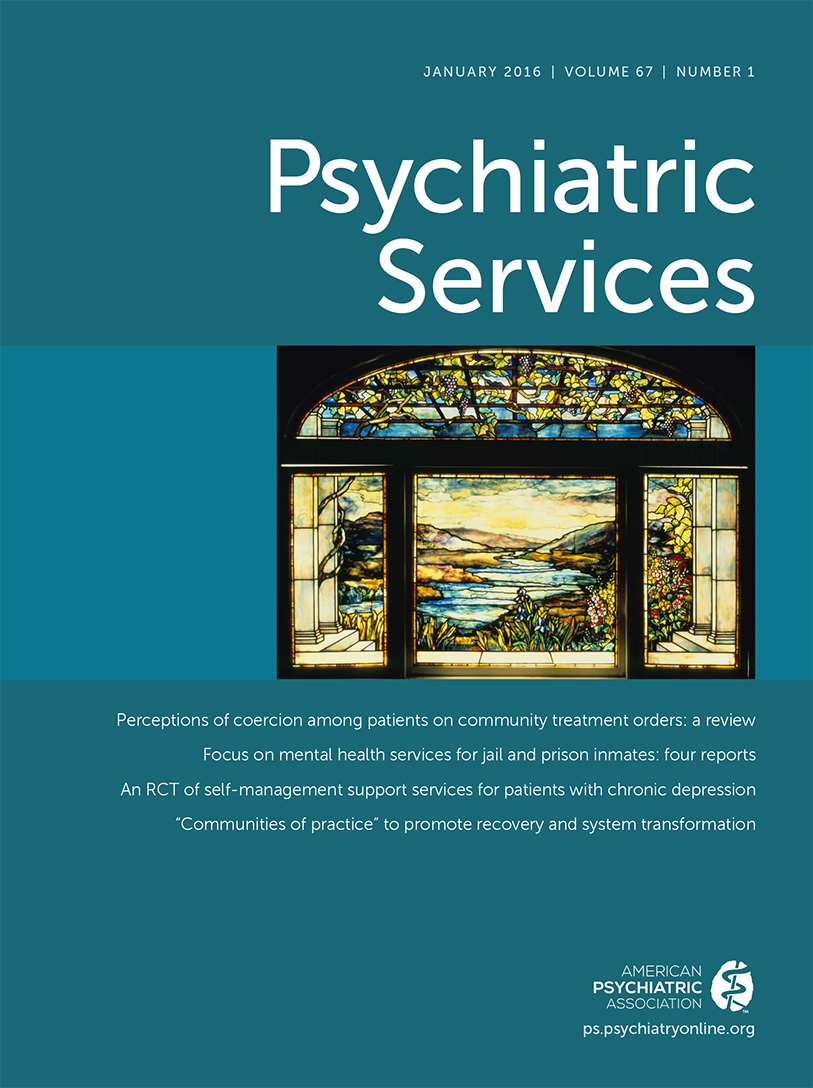School-Based Behavioral Health Service Use and Expenditures for Children With Autism and Children With Other Disorders
Abstract
Objective:
This study compared use of and associated expenditures for Medicaid-reimbursed school-based and out-of-school services for children with autism spectrum disorder (ASD) and those with other psychiatric disorders.
Methods:
Philadelphia County Medicaid claims were used to identify children ages five to 17 who received behavioral health services through Medicaid any time between October 2008 and September 2009 (N=24,271). Children were categorized into four diagnostic groups: autism spectrum disorder (ASD), conduct disorder or oppositional defiant disorder (conduct-ODD), attention-deficit hyperactivity disorder (ADHD), and other psychiatric disorders. Logistic regression analysis compared use of in-school and out-of-school behavioral health services between children with ASD and children with other psychiatric disorders. Generalized linear models with gamma distribution were used to estimate differences in Medicaid expenditures for in-school and out-of-school services and total Medicaid expenditures for both service types by disorder, with adjustments for age, sex, and race-ethnicity.
Results:
The most common diagnosis was ADHD (40%); 35% had other psychiatric disorders, 21% had conduct-ODD, and 4% had ASD. A significantly greater proportion of children with ASD (52%) received in-school behavioral health services (conduct-ODD, 5%; ADHD, 8%; and other psychiatric disorders, 1.7%) Per-child expenditures for both school-based and out-of-school behavioral health services were significantly higher for children with ASD than for children in the other groups.
Conclusions:
Medicaid represents an important source of in-school and out-of-school care for children with ASD and their families. States that expand Medicaid under the Affordable Care Act should give careful consideration to covering school-based mental health services for children with ASD.



